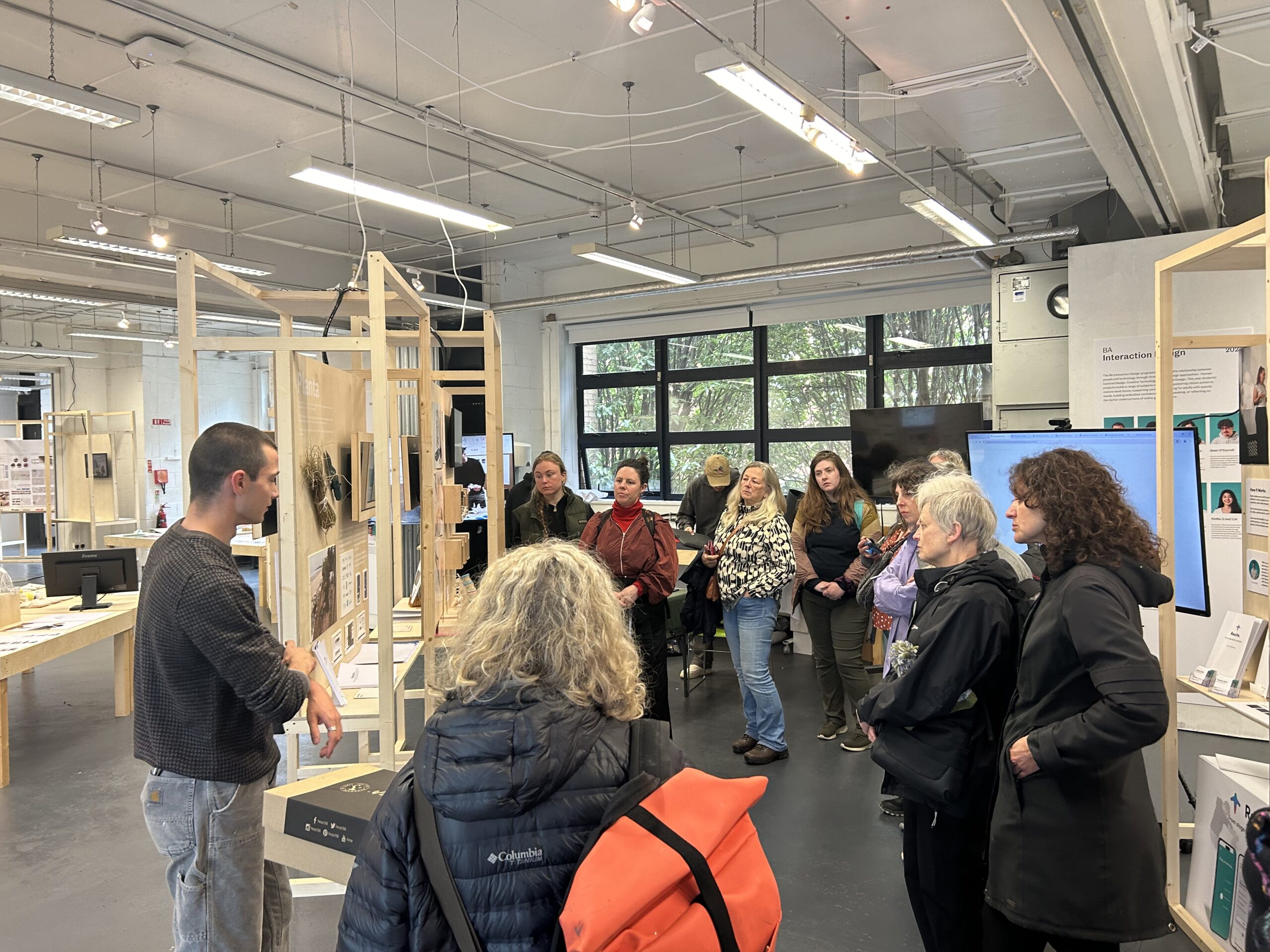
Professional Diploma in Fashion Communication

7 Mar 2025
-
25 Nov 2025
Apply By
7 Mar 2025
Apply To
NCAD
ECTS Points
20
Funding
HCI Subsidy Funding Available
Fees
€2,200 or €1100*
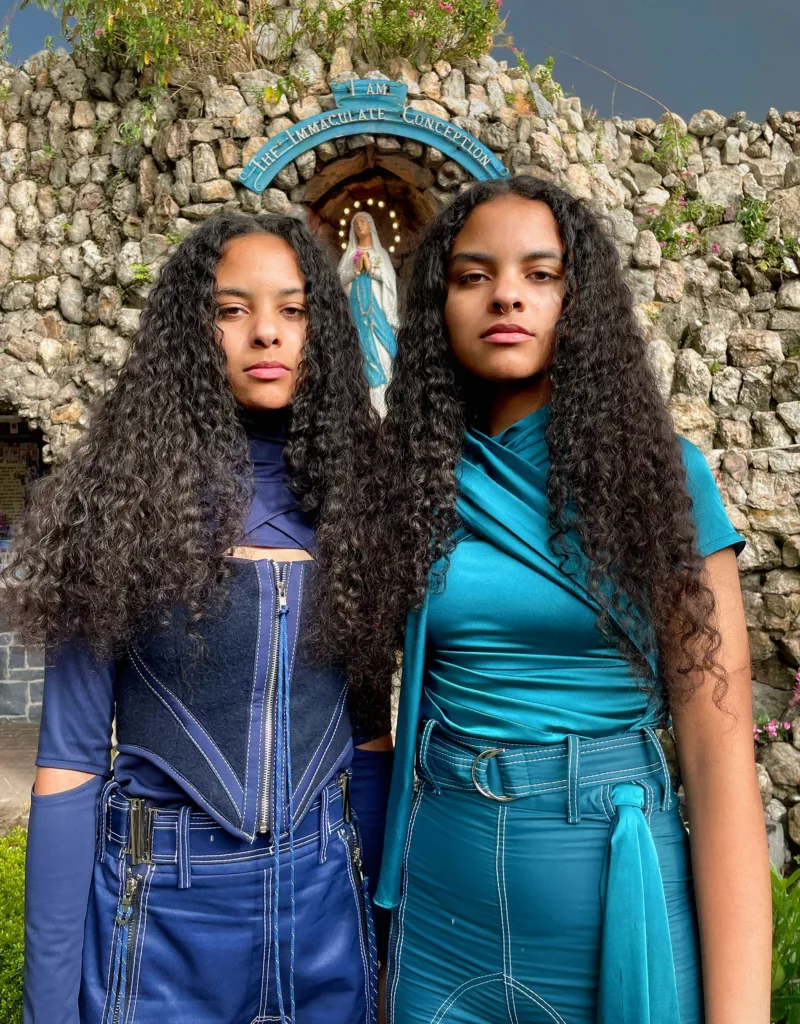

7 Mar 2025
NCAD
20
HCI Subsidy Funding Available
€2,200 or €1100*

The Professional Diploma in Fashion Communication has been designed to create a pathway for professionals and graduates looking to develop career opportunities within the fashion sector. Creative media including fashion photography, styling, film, social media, art direction, advertising, publishing and journalism are key pillars in fashion communication. Understanding how they are all dynamically connected is central to our course content. The course explores how we communicate fashion through these mediums, with a focus on the talent creative and strategic processes behind the vision.
The content is aimed at both established and emerging practitioners within the fashion industry and is designed to create a dialogue between national and international trends and opportunities. This programme provides participants with appropriate skills and knowledge that can be applied to their professional creative development, developing knowledge and skills to prepare them for further life-long learning and supporting personal practice and career progression.
This programme will be hybrid, combining in-person symposia and online tutorials with reading, research and project development.

This programme is aimed at anyone interested in how fashion is communicated, promoted and creatively presented to diverse audiences across multiple global channels.. The course explores how we communicate fashion through creative media, from fashion photography, styling and image making, film and digital media through to advertising and journalism. The pathway enables learners to understand how changes in our society drive new fashion concepts, while developing their knowledge of contemporary industry practice and career opportunities.
Trimester 1:
Design Principles / Fashion Image Creatives – 5 credits
This module introduces learners to fundamental principles, working methods, skills and theories that underpin contemporary creative practice in Fashion Communication. This module will focus on the theoretical underpinnings, contemporary issues, topics and concepts relating to Fashion Communication. Introducing learners to the fundamental principles and processes of the discipline, and enabling them to approach creative work from a theoretically informed perspective.
Design Practices / Fashion Publishing – 5 credits
This module enables learners to undertake a body of work within the field of fashion communication, supporting their personal and professional development as a fashion communicator and designer.
Design Collaboration / Brand Narratives – 5 credits
This module introduces learners to methods and techniques that will help you to navigate the evolving creative landscape, identify opportunities and collaborate to address creative challenges. Learners will undertake a thematic project with colleagues and creative peers, and develop work through teamwork, negotiation and collaboration.
***
Trimester 2
Design Capstone / Future Fashion Narratives – 5 credits
This capstone module enables learners to undertake a project that demonstrates their fundamental knowledge of fashion communication practices and theories. Learners will reflect upon, document and disseminate their creative practice.
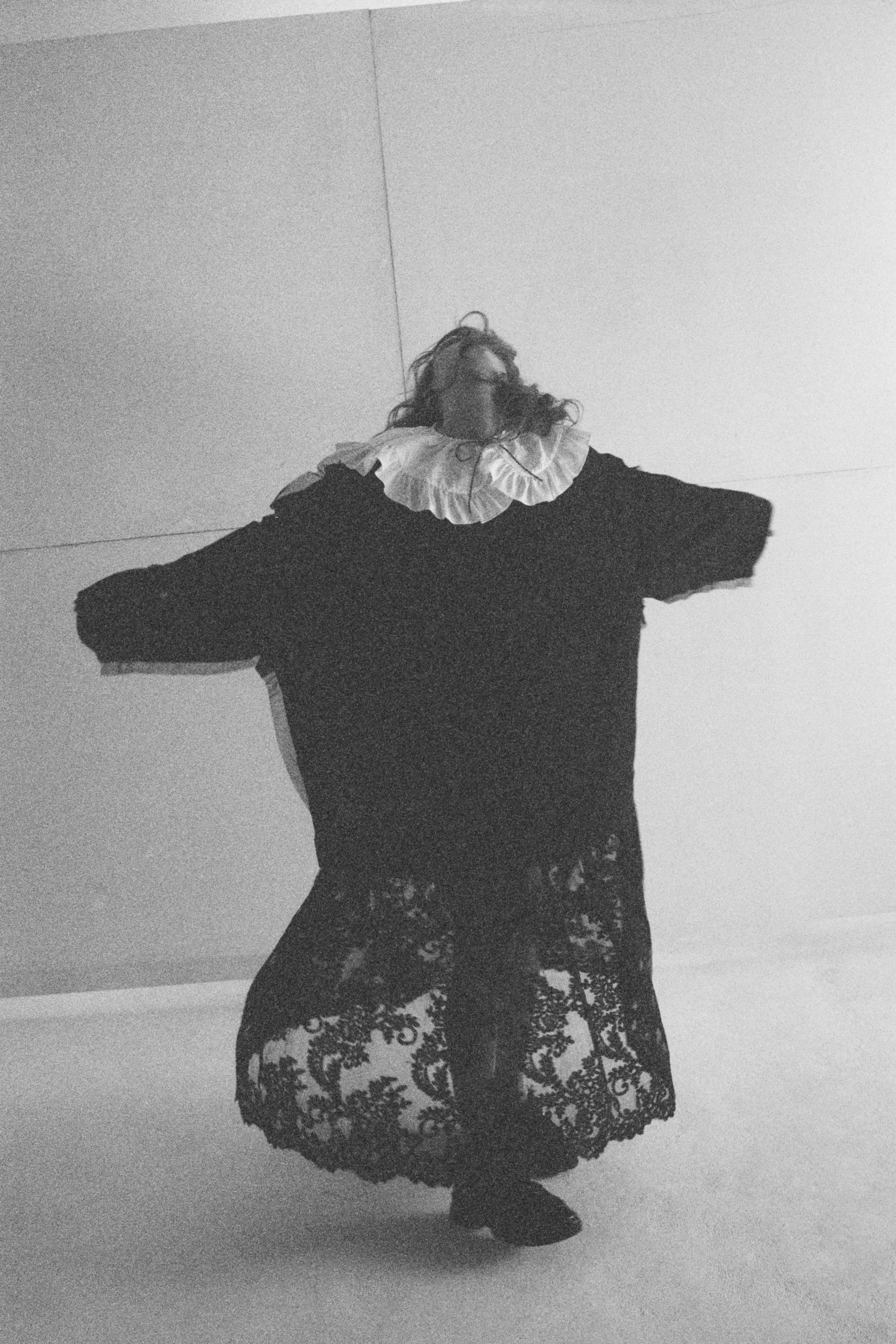
The Fashion Communication programme adopts a range of new delivery models. The curriculum has been informed by industry and sectoral needs, and subject to a co-creation model of development. The programme will be delivered through a series of 4 intensive themed weekend symposia and workshops to include leading international speakers.
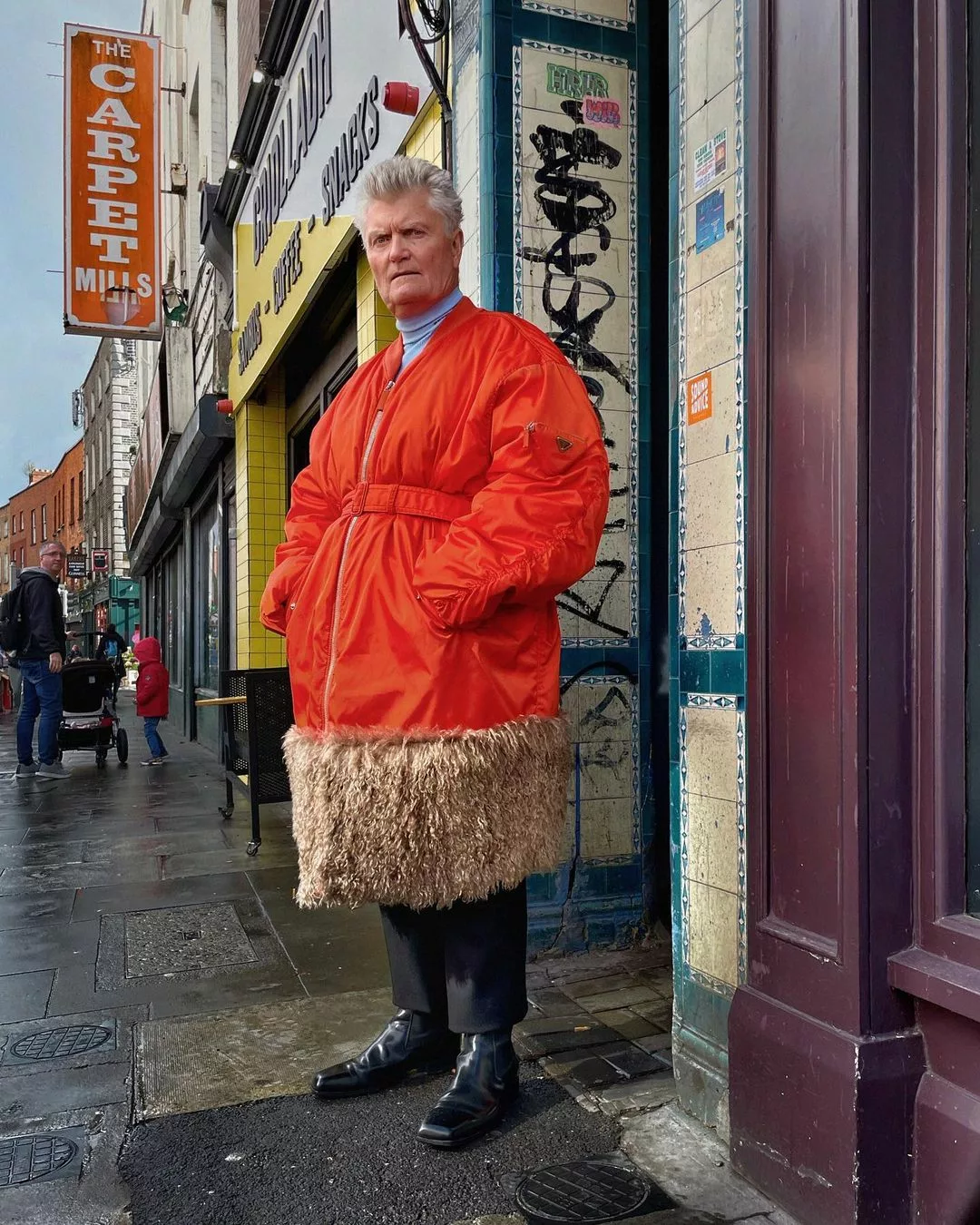
This programme is designed for both established and emerging practitioners interested in developing their career in fashion and the wider creative industries. This course is aimed at participants interested in how fashion is communicated, promoted and creatively presented as a dominant practice of contemporary visual culture. Learners will engage with contemporary forms of fashion communication across print and digital formats, designer shows and experiential events. They will critically consider the shifting narratives of stylists, photographers, editors, designers and the varied roles involved in the production of the fashion image. Trends in the luxury global industry will be presented in contrast to directional trends of independent designers and thinkers. The pathway enables learners to understand how fashion communicates changes in our society, engaging with key discourses on identity, responsibility and visibility. Cross disciplinary approaches, cultural context, ethical practice, experimental process and collaboration will be explored in theory and practice.
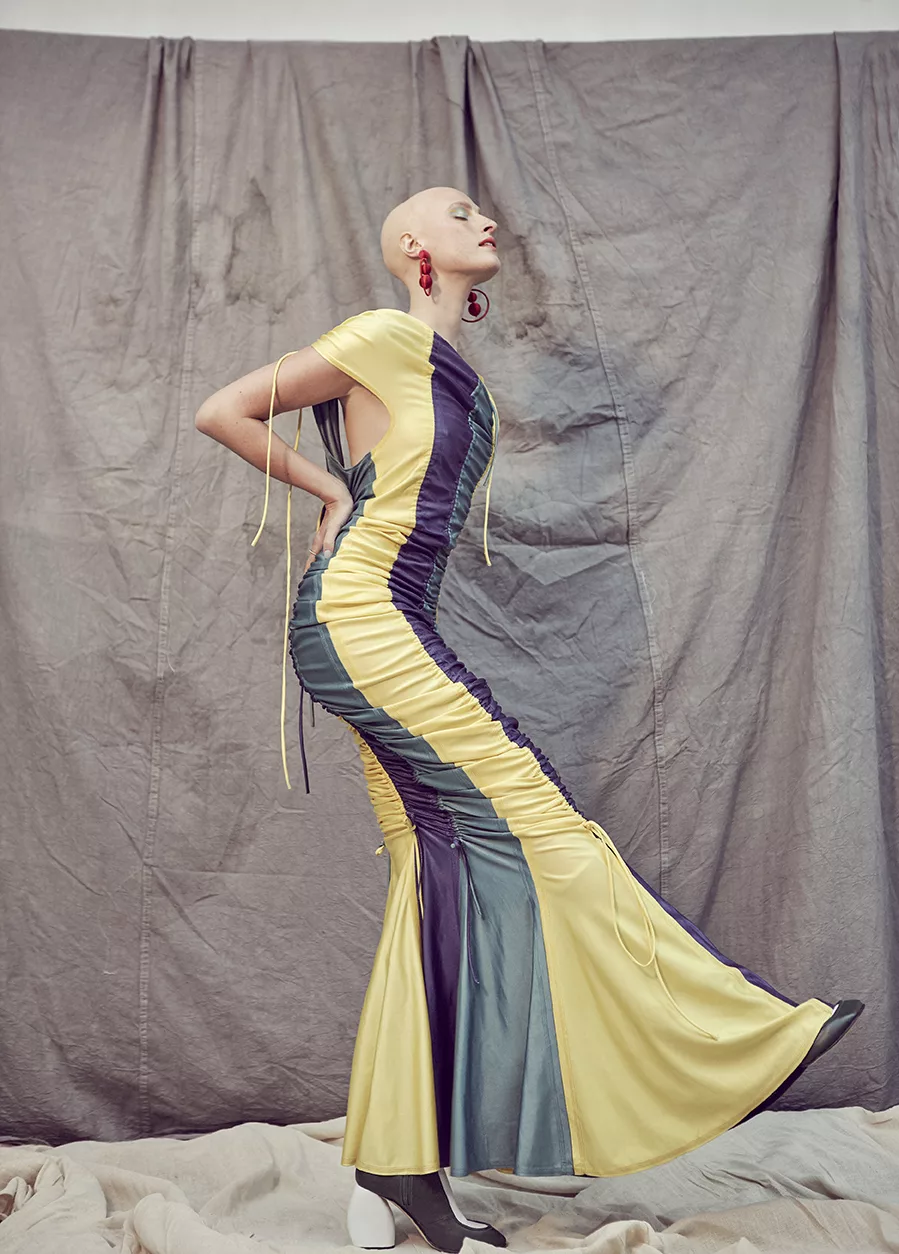
This programme is aimed at all participants interested in fashion, and how fashion operates as a key discipline in contemporary visual culture. Applicants are encouraged from diverse backgrounds with a strong connection to or interest in developing new, directional fashion narratives on both local and global platforms.
To be accepted into the programme, applicants must have completed an honours level 8 undergrad degree (achieving at least a 2:2) in a relevant and cognate discipline, or have an appropriate level of professional practice in the subject field or a related field. Students can be accepted onto the programme without the academic entry requirements outlined above. In such cases, applicants will need to demonstrate equivalent and relevant experience and/or formal learning.
Students should apply to the programme with evidence of previous successful qualifications, statements of work-related achievement etc. Students who have not been educated through English must show proof of achieving IELTS 6.5 (with a minimum of 6 in the writing section on the Academic Version) or an equivalent score in another accepted test.
Please refer to NCAD website for further details.
Assessment Methods Formative Assessment: typically involves feedback (oral or written) to students on their progress, and does not usually involve a mark. It is used to provide constructive feedback to improve learning and understanding.
Formative assessment does not form part of the student’s final grade or mark.
Summative Assessment: these assessment results are aggregated and used to determine whether students have fulfilled the specified learning outcomes and have met the standard required to achieve a passing grade, and so can be granted the credits for successfully completing each module.
Learners will also undertake on-going self and peer evaluation, helping foster a culture reflective practice that empowers creative professionals on the programme.
Assessments are undertaken by a team of staff who are examining how students have met the learning outcomes. Assessment may occur or be required on or off campus or on line, and will be timetabled well in advance
Class 2024
“I thoroughly enjoyed my time as part of the Fashion Communications course. Sitting in a room with such diverse people, from various backgrounds, help aid my creative development, as we all came together for a common reason but such diverse approaches. Aisling Farinella was an absolute delight, helping aid our creative development in any way she could. The guest speakers were top notch.”
“The main attraction to the course when I first heard about it on social media, was the timing would allow me to continue to work full time while studying. The structure of weekend VS night classes meant I could provide my full attention during the classes and was not tired from a day’s work.”
“The guest lectures provided real working-life examples that provided practical experiences throughout. Aisling’s lecture style fostered an open space for all to communicate their thoughts and learnings, sharing their insights that we could all learn from.”
“Brilliant course to get a better insight into the industry, broaden your skill set and learn about new ways of working. Led by an amazing lecturer with fantastic guest speakers!”
“Get stuck in from the moment you get on board.
Take the symposia speaker’s stories and apply it to your own creative practice but also to other aspects of your life, work ethic and creative development.
Don’t wait for something to happen. Make it happen.”
Speakers confirmed so far for 2025!
2024 iteration of the programme recruited an incredible line up of speakers who shared their professional experience and insights from across all sectors of the fashion industry including:
Applicants to this course are eligible for Human Capital Initiative HCI Pillar 3 Micro-Credentials Subsidy funding. The subsidy for this course is 50% of the total course costs for eligible learners. Terms & Conditions apply.
HCI funding acceptance form is part of the NCAD registration survey for this programme.
Learners fill it out online in the MyNCAD portal AFTER they accept the offer.